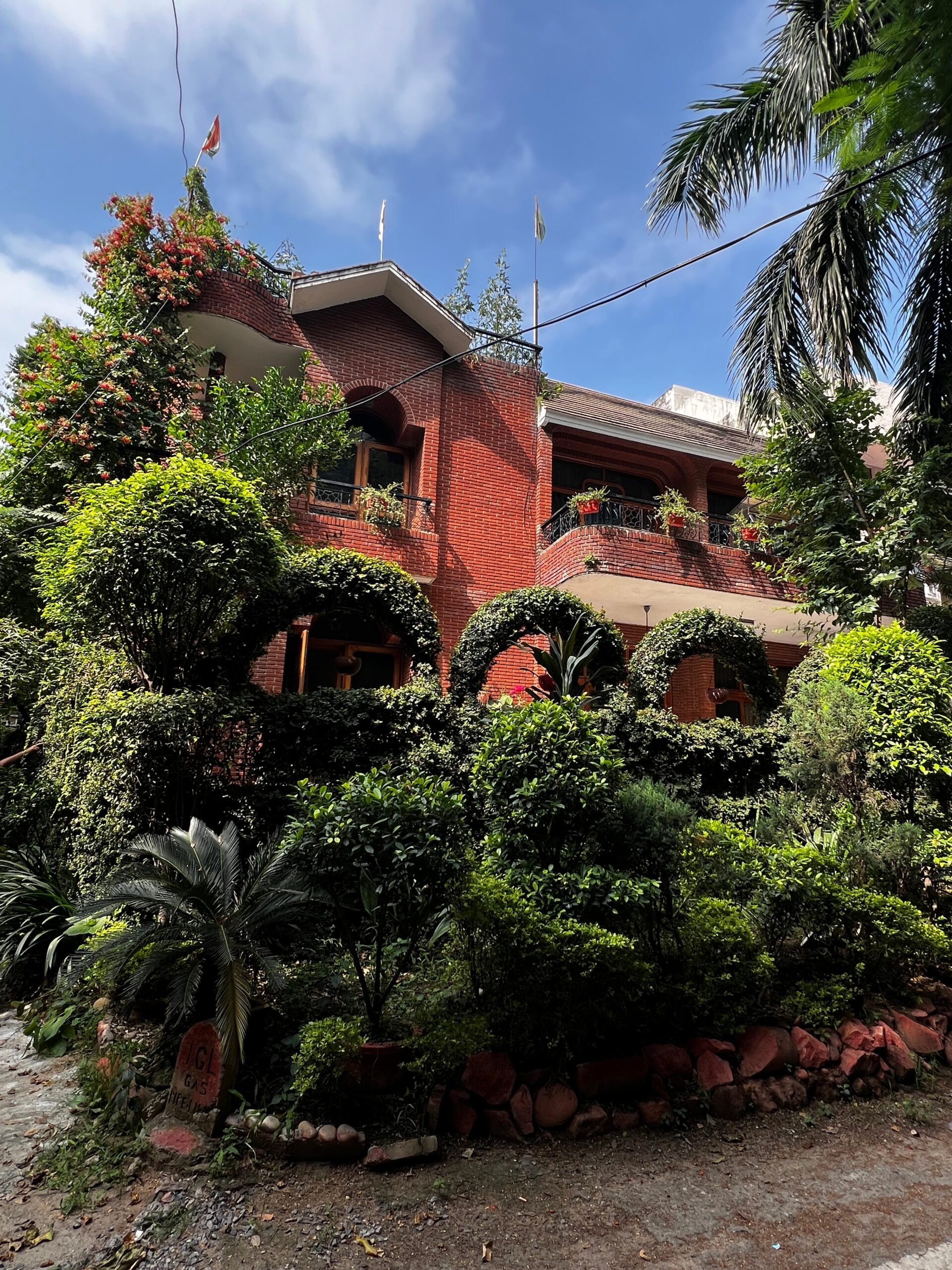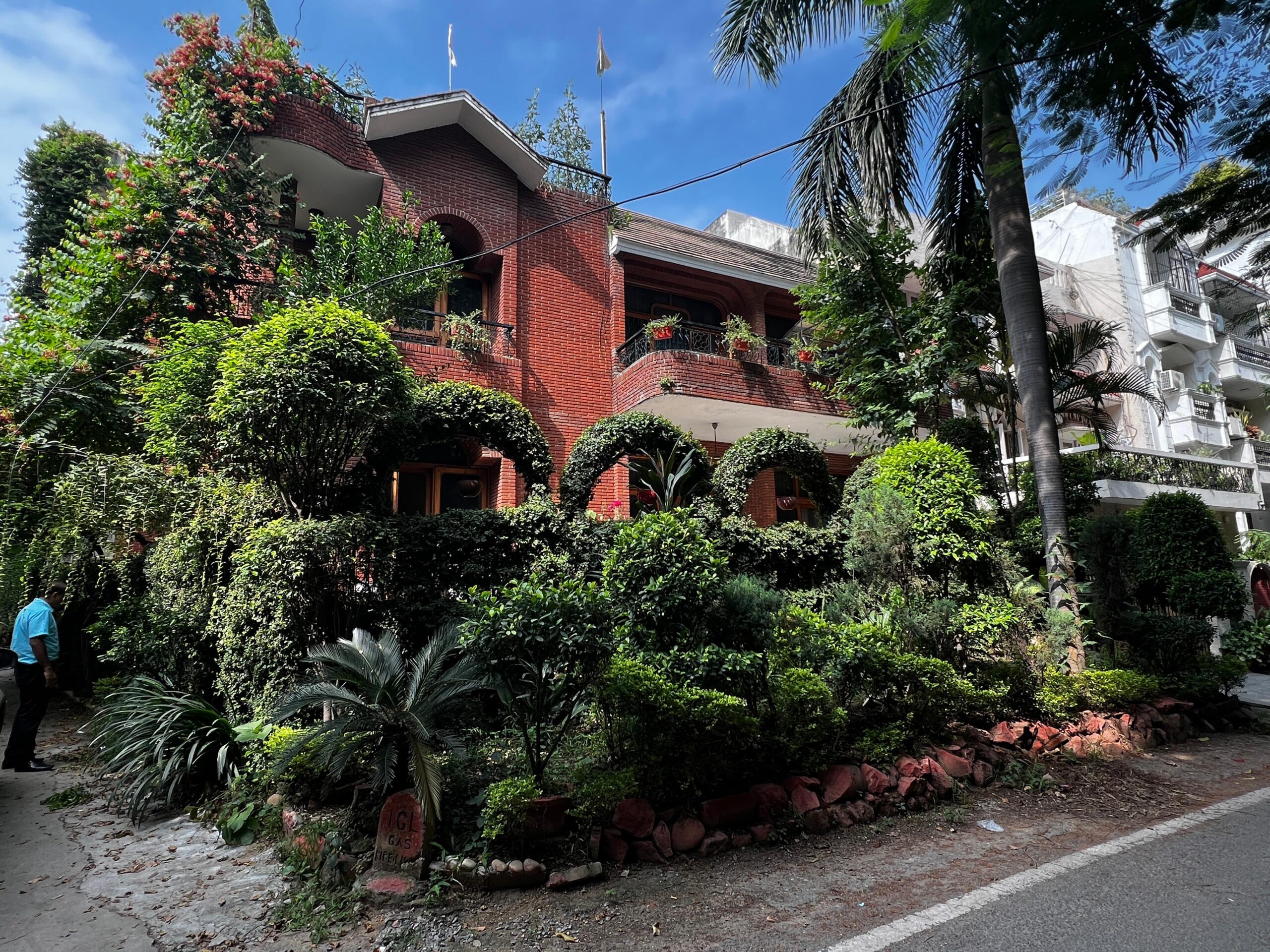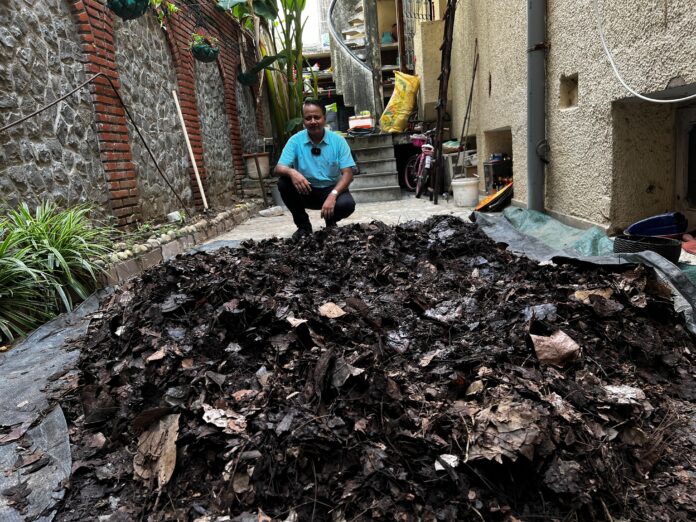Leaf mold compost is one of the best natural fertilizers that you can provide for your garden, made entirely from decomposed leaves. It is undeniably a valuable resource for enriching the soil, promoting plant growth immensely, & boosting the retention of moisture. Unlike traditional compost, which is prepared from a mixture of organic materials, leaf mold compost is made exclusively from fallen leaves, resulting in a rich, dark, and crumbly substance that adds essential nutrients and improves the structure of the soil.
What Is Leaf Mold Compost?
Leaf mold compost is created through the slow breakdown of leaves by fungi, rather than bacteria, which is commonly responsible for the decomposition of traditional compost materials like kitchen scraps or grass clippings. The decomposition procedure typically takes a year or two, depending on the kind of leaves and also the various environmental factors like temperature & atmospheric moisture. What’s left after this slow process is a nutrient-rich, spongy material that acts as an excellent amendment for soil.

Benefits of Leaf Mold Compost for Your Garden
- Improves Soil Structure – Leaf mold compost largely enhances the structure of your soil, no matter if it is clay or sandy. It improves the process of aeration in clay soils and adds the necessary bulk to sandy soils, providing the perfect growing environment for all plants.
- Increases Water Retention – One of the best features of leaf mold is its ability to retain moisture. It can hold up to 500% of its weight in water, which is especially beneficial during dry periods, helping plants stay hydrated for longer periods.
- Natural Mulch – Leaf mold can also be used as a natural mulch to protect the soil from temperature extremes & erosion. It also suppresses weeds, reducing the need for harmful chemical treatments.
- Environmentally Friendly: Utilizing fallen leaves to make leaf mold reduces the need for chemical fertilizers and encourages sustainable gardening. Rather than bagging & disposing of leaves, composting them returns essential nutrients to your garden.
How to Make Leaf Mold Compost
Making leaf mold compost is a very simple, & low-maintenance procedure. Start by gathering fallen leaves from your garden. Pile them up in a corner or use a leaf composting bin. Keep the pile moist and turn it occasionally to encourage the process of faster decomposition. In about 12-24 months, the leaves will completely transform into nutrient-rich compost that you can use to enhance your garden soil very effectively.

Leaf mold compost is indeed an excellent, eco-friendly way to nourish your garden in the best possible way with the help of natural fertilizer. No matter if you use it as a mulch or soil amendment, this particular simple yet effective compost is a powerful tool that considerably improves soil health and promotes plant growth naturally. Many garden enthusiasts are reluctant to use chemical fertilizers and thus adopt leaf mold compost as it acts like a natural fertilizer for plants and help them grow.



